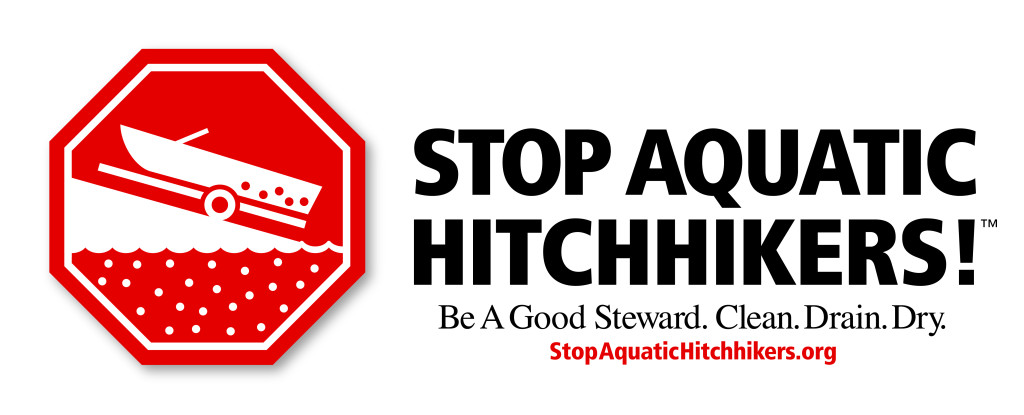This news release went out late last week. Time to spread the word some more:
Public urged to Clean, Drain, Dry after zebra mussels found in private lake
Invasive zebra mussels recently were found in Beaver Lake, a private water body near Plattsmouth in eastern Nebraska.
An adult mussel was first found on a boat lift in mid-May. Follow-up sampling by Nebraska Game and Parks Aquatic Invasive Species Program confirmed the presence of microscopic young zebra mussels and adults in the lake.
It becomes the fourth water body in Nebraska to have an established zebra mussel population. The others are Lewis and Clark Lake, Lake Yankton, Offutt Base Lake, and the Missouri River downstream of Gavins Point Dam.
Boaters, including kayakers, are encouraged to be vigilant about cleaning, draining and drying their vessels to help prevent the spread of aquatic invasive species.
Zebra mussels, which look like a small D-shaped clam with alternating light and dark bands, can live up to two weeks out of water. Young zebra mussels are invisible to the naked eye and can be spread through any water left undrained.
Boaters should clean all visible plants, mud, or animals from the vessel; drain all water within the boat, including the motor; and dry their boat for five days before going to another water body. Any watercraft launched in waters infested with zebra mussels should drain all compartments completely and let the watercraft dry outside the water for at least 14 days.
In addition to clean, drain and dry requirements, Nebraska regulations also prohibit anglers, boaters or hunters from arriving at a water body with any water from another water body in a watercraft.
“The discovery of zebra mussels in this lake is unfortunate, and we will assist the lake community the best we can,” said Kristopher Stahr, Game and Parks’ aquatic invasive species program manager. “Game and Parks urges the public to always Clean, Drain, Dry your watercraft. It only takes one person to introduce invasive species that can drastically affect Nebraska’s aquatic resources.”
Each year, Nebraska Game and Parks samples water from more than 40 public waters during the summer to test for microscopic young zebra mussels. Game and Parks also employs seasonal inspectors throughout the state to check for invasive species on watercraft.
Last year, Game and Parks inspected a record 6,627 watercraft statewide. If zebra mussels are found attached to the boat, it is not allowed to launch.
Report suspected observations of zebra mussels or other aquatic invasive species to Game and Parks at 402-471-7602 or ngpc.ais@nebraska.gov.
Visit StopAquaticHitchhikers.org for more details on the Clean, Drain and Dry procedure, and OutdoorNebraska.gov to learn more about zebra mussels and other aquatic invasive species in the state.
This is not good news, especially if you are a resident of Beaver Lake.
Once again, if you spend any time on the water, you need to be aware of this threat and you need to do something about it! It is up to all of us!
The post Breaking News on the Invasive Species Front appeared first on Nebraskaland Magazine.

















